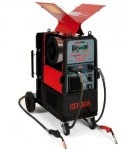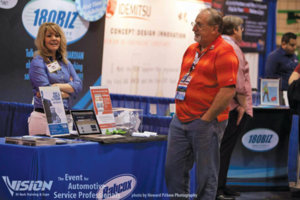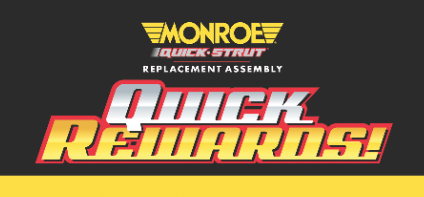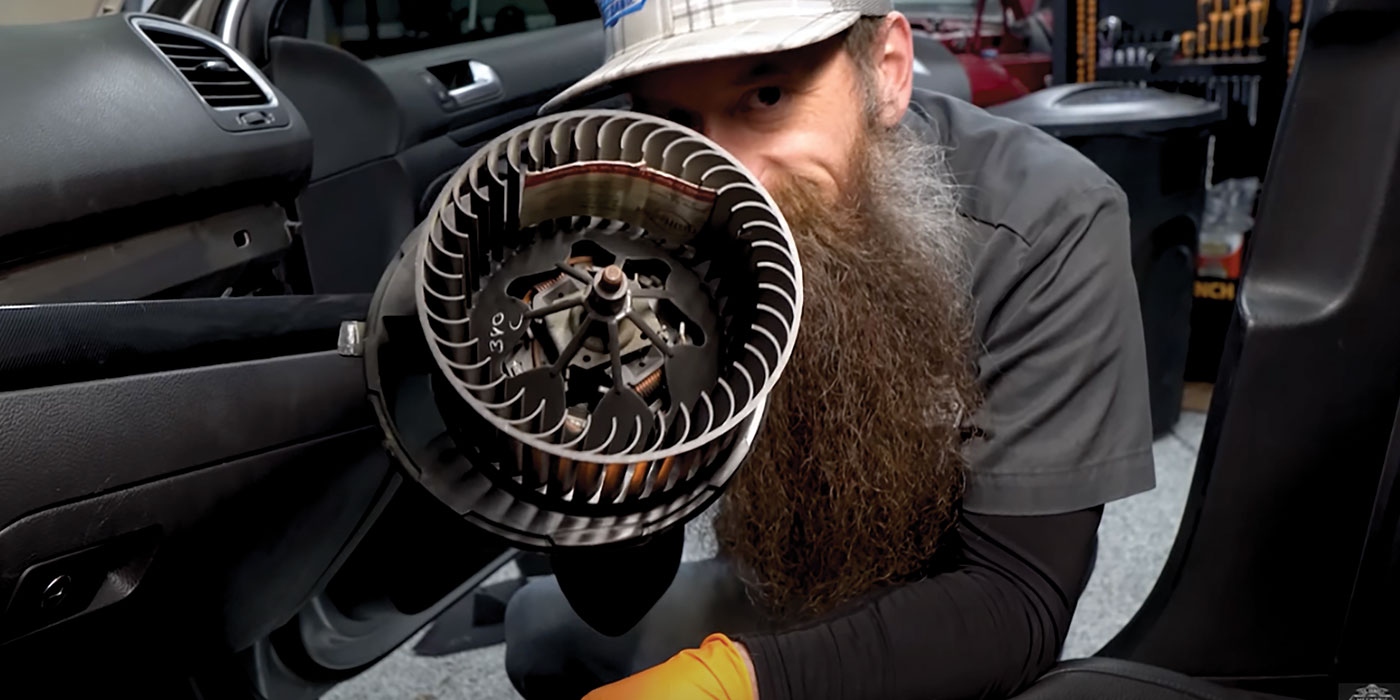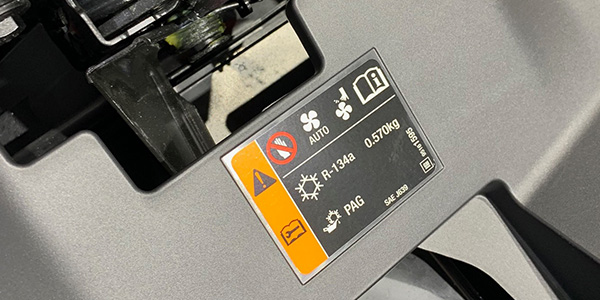Our income tax law, the Internal Revenue Code, turned 90 in 2003. What started as a 400-page tax bill when Woodrow Wilson signed it into law October 3, 1913, now contains more than 55,000 pages. In fact, last year, Congress passed and George Bush quickly signed into law a $330 billion, 10-year tax cut plan, The Jobs and Growth Tax Relief Reconciliation Act of 2003. That bill both added to the page count and had a significant impact on the tax bills of many owners and their automotive repair businesses.
Today, now that the 2003 tax year has ended for most auto repair shops, all that can be done between now and the deadline for filing the operation’s tax returns, is to make the most of the existing tax rules – all the while keeping an eye on the auto repair operation’s potential tax bill for 2004. That means not only making the most of all already completed transactions but also doing so in a manner that won’t adversely affect or reduce next year’s tax deductions.
Write-Off Basics
An automotive repair shop – whether doing business as a corporation, a sole proprietorship or a partnership – is permitted to deduct (from gross income) all of the ordinary and necessary expenses of carrying on a trade or business that are paid or incurred in the tax year. However, no tax deduction is permitted for any expenditure that is a capital expense.
A capital expense is an expense that adds to the value or useful life of the property. Generally, capital expenses must be deducted by means of depreciation, amortization or depletion.
- Depreciation is defined as a deduction allowed to a taxpayer, representing a reasonable allowance for the exhaustion of property used in a trade or business or property held for the production of income.
- Amortization is the systematic write-off of costs incurred to acquire an intangible asset, such as a patent, copyright, goodwill or expense.
- Depletion is best described as a process whereby the cost or other basis of a natural resource (such as a coal interest) is recovered upon the extraction and sale of the deposit.
Current deductions that are permissible despite the restrictions of our tax laws include barrier removal. Business taxpayers can elect to deduct up to $15,000 of the costs of removing certain architectural and transportation barriers for handicapped or elderly persons in the year paid or incurred instead of capitalizing and depreciating such costs.
Expenses that kept your shop’s property in ordinarily efficient operating condition and did not add to its value or appreciably prolong its useful life are generally deductible as repairs on the 2003 tax return. Repairs include repainting, tuck-pointing, mending leaks, plastering and conditioning gutters on buildings. However, the costs of installing a new roof and bricking up windows to strengthen a wall are capital expenditures.
When Is It Deductible?
As mentioned, every expenditure made by a business does not automatically warrant an immediate income tax deduction. Many auto repair shop owners, just as the government does, work to ensure that every expenditure is matched with the income that it impacts on. What an opportunity for tax planning.
The goal of tax planning after all is to manipulate income and expenses in such a way that the auto repair operation has a consistently low tax bill, year after year. Deducting or capitalizing expenses, guaranteeing accurate lives for depreciable assets and making the most of the loopholes, will result in that low tax bill that every shop owner hopes for – not only for the 2003 tax year but for many years down the road.
Don’t Overlook The Changing Basic Deductions
The deduction for the health insurance expenses of self-employed shop owners has, for example, increased from 2002’s 70% level to 100% in 2003. Yes, from this year forward, self-employed owners can deduct 100% of amounts paid for health insurance for themselves, spouses and dependents from their gross income.
Those auto repair shop owners who utilize a home office, should not neglect the broadened availability of the home office tax deduction, thanks to a ruling by the U.S. Supreme Court. The deduction for home office expenses is now available in situations where a home office is used only for administrative and management functions and is not the principal place of business for the auto repair operation.
Other areas of the tax law may have an adverse impact on an owner’s decision to take advantage of this write-off. The tax law removed the age restrictions the one-time exemption of up to $250,000 of the gains resulting from the sale of a principal residence from being taxed. Unfortunately, claiming a home office may prevent that home from qualifying as a “residence” under the exclusion.
Profiting From The New Tax Rules
Under last year’s rule changes, every automotive repair business – whether incorporated or operating as a pass-through business entity such as a partnership or even as a sole proprietorship – is already benefiting. Many shops, for instance, will benefit from a significant increase in the amount allowed to be expensed or immediately written-off under the Section 179 expensing election from the present $25,000 level to $100,000. The doubling of the amount of equipment purchases, from $200,000 to $400,000, eligible to be expensed under Section 179, before a phase-out occurs will also help, although few independent auto repair businesses routinely acquire more than that amount of equipment in any one tax year.
An increase in the first-year “bonus” depreciation allowance, from 30% to 50% of the cost of qualifying business property will also help tremendously. A few auto repair shops will achieve the maximum benefit by using Section 179 expensing; first on purchases of used assets and assets with lengthier depreciable lives, while saving the bonus depreciation for any qualifying purchases not picked up by Section 179.
In another area, many closely held auto repair businesses have traditionally tried to extract profits from the business in the form of compensation, rather than as dividends. They now have a new option to plan for: compensation will still receive a corporate-level tax deduction while dividends will not. Compensation, however, will continue to be taxed at rates as high as 35% at the individual level while dividends will now be taxed only at 15%.
Obviously neither the auto repair business nor its owner(s) can literally reduce their federal income tax rate. There are, however, actions that they can take that will have a similar effect in 2004 and in the future. For example:
- Choosing the optimal form of organization for the auto repair business (such as sole practitioner, partnership, corporation, limited liability corporation or S corporation). Although electing a tax entity for the business can be accomplished on the annual tax return, this option deserves attention in the overall tax planning process. This is especially true in light of the new 15% tax rate on dividends paid by some types of incorporated auto repair businesses.
- Structuring future transaction so that payments received are classified as capital gains. Long-term capital gains earned by non-corporate taxpayers are subject to lower tax rates than other income.
- Shifting income from an individual in a high tax bracket (such as you, the auto repair business’s owner) to a lower-bracket individual (such as your child). One fairly simple way to do this is by hiring your children.
While the tax laws limit the usefulness of this strategy for shifting “unearned” income to children under the age of 14, some opportunities to lower tax rates still exist. Remember, however, the best time to think about those strategies is during the course of the tax year.
The goal is usually to reduce taxes this year. To be really effective, however, the tax bracket should be consistent year after year. If income is up this year but expected to be down next year, a shop owner might want to postpone asset sales or other unusual transactions. Postponing transactions that might generate a profit until next year when the additional profits won’t be quite as likely to put the business – or its owner – into a higher tax bracket.
Taxes Are In The Air
As our tax laws grow in complexity, every shop owner should keep in mind that although the IRS may occasionally disagree, the courts strongly back every taxpayer’s right to choose the course of action that will result in the lowest legal tax liability. Thus, as the deadline for filing tax returns approaches and passes, every auto repair shop owner will be faced with several different options as to how to complete certain taxable transactions.
Today, every owner must worry about legally reducing his or her business tax bill while ensuring that every legitimate tax deduction – or credit – is utilized. At the same time, plans should be underway to help you take full advantage of our tax rules in the months ahead.

